study
Latest
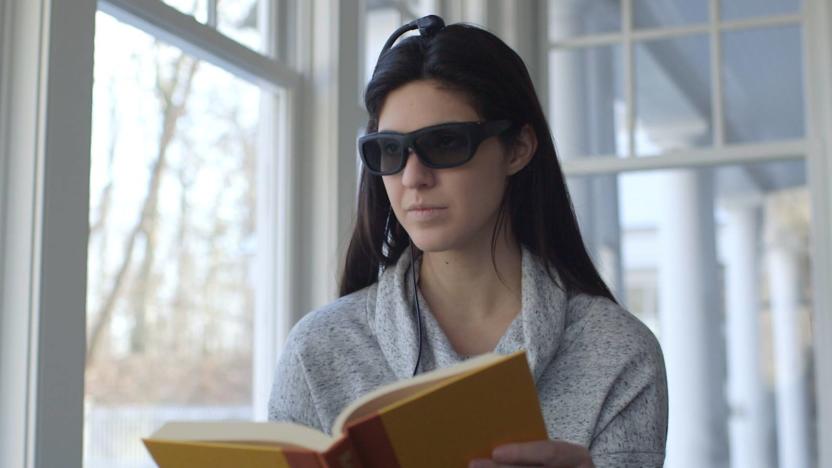
Narbis smart glasses punish distraction by turning opaque
Operant conditioning is a well known psychology principle -- in which "good" behavior is rewarded and "bad" behavior is punished. While positive reinforcement has found its way into everyday life, formal operant conditioning is usually left to professionals. For better or worse, the tech company Narbis is hoping to change that.
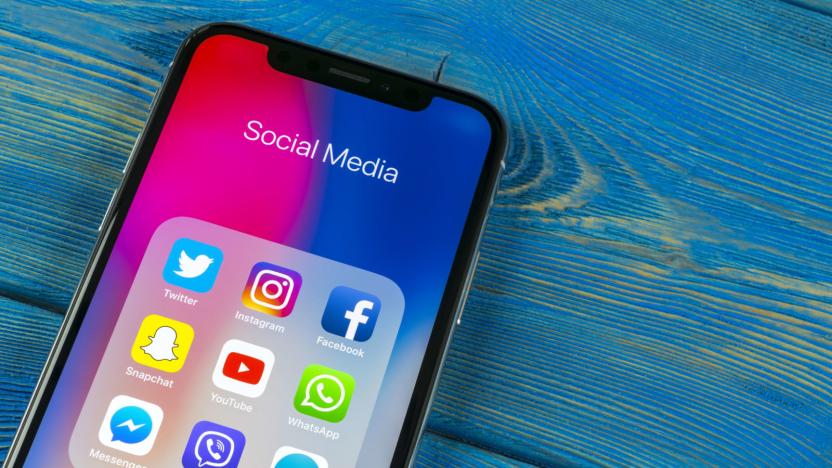
Study: Americans believe social networks make the news worse
You're not alone if you think social networks are degrading the quality of news. A Pew study indicates that 62 percent of American adults believe social media companies have "too much control" over news, and 55 percent believe these companies have created a "worse mix" of news through their feed algorithms and other editorial choices. Not surprisingly, the survey respondents pinned it on the quality of the news that surfaced in their social streams.

Researchers are using drones to study the Amazon rainforest's health
Researchers from Harvard University are using drones to better understand the Amazon rainforest. With drone-based sensors, the researchers hope to determine the unique "fingerprint" of different rainforest ecosystems. That could help them monitor the health of the forest and understand how it's responding to climate change, deforestation and fire.

NASA ramps up its efforts to understand space weather
This week, NASA selected three proposals for missions that could help us better understand the Sun-driven space weather that occurs near Earth. Space weather, like solar flares, can impact spacecraft and astronauts, and it has the potential to disable utility grids on the ground. As NASA prepares to send more astronauts to space and we become increasingly reliant on technology, the need to protect both has become more pressing.
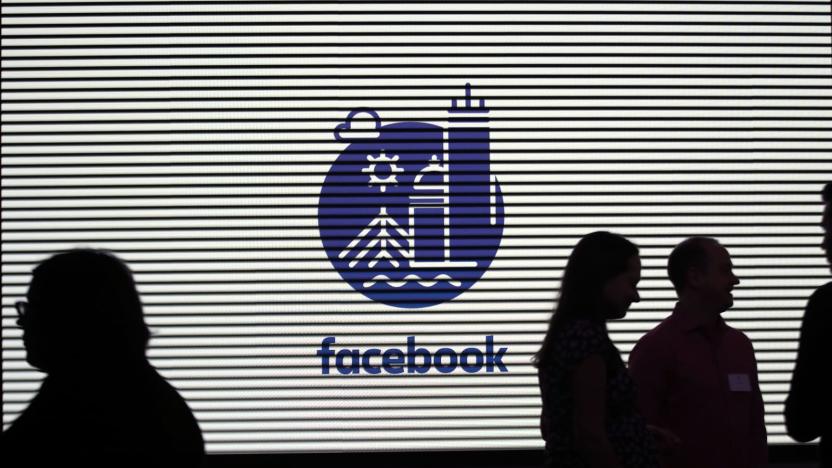
An independent report on Facebook’s alleged liberal bias tells us nothing
Conservatives have long lamented that Facebook has a liberal, or anti-conservative, bias. Since the 2016 election, the company has been grilled on the issue by the White House more than once. In an attempt to clear the air, Facebook enlisted an independent third-party to decide once and for all if it does indeed have an anti-conservative bias. Last year, it asked former Republican Senator Jon Kyl and his team at Covington & Burling LLP to conduct a review of the company's policies. The results are in, and for the most part, they tell us nothing.

Uber and Lyft admit they're making city traffic worse
Uber and Lyft may be competitors but as the two major ridesharing companies, they also have a lot in common -- including the challenges they face. To better understand their role in city traffic patterns, the companies jointly sponsored a study to determine their combined vehicle miles traveled (VMT) in six key cities. In a surprising twist, the results got Uber to admit that ridesharing companies, or transportation network companies (TNCs), do in fact contribute to congestion.
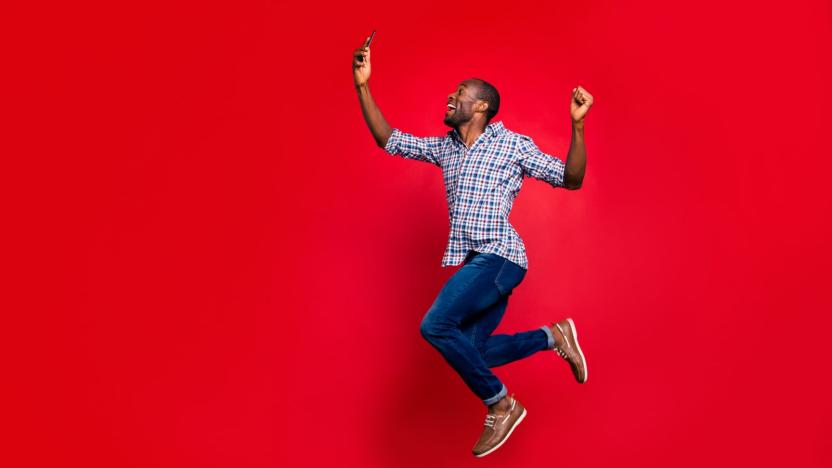
Scientists used phone accelerometer data to predict personality traits
Our phones contain a disturbing amount of information about us. While calls, messages, app usage and location logs have all been used to profile users, phone accelerometers contain key information, too. Researchers from the Royal Melbourne Institute of Technology (RMIT) University used the tiny sensors that track phone movement for things like step-counting to predict five key personality traits.

Drivers may overestimate Tesla Autopilot because of its name, study suggests
Tesla's Autopilot system might have a catchy name, but it may send the wrong message to drivers, according to a study by the Insurance Institute for Highway Safety. A survey the non-profit organization conducted revealed that a lot of people don't fully comprehend newer cars' actual level of automation, because their driver-assistance systems have names that seem to overpromise. The name Autopilot, in particular, is causing drivers to overestimate the technology's capabilities.
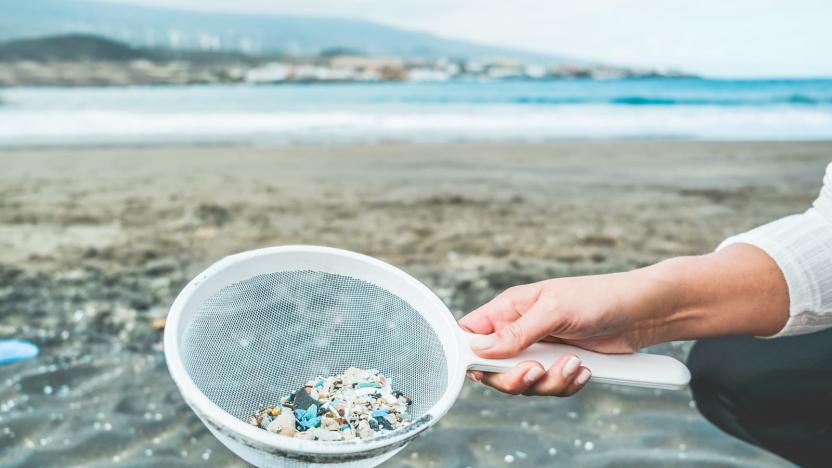
Americans consume an alarming amount of microplastics
Americans consume tens of thousands of microplastic particles every year -- and that's just from the food we eat. Microplastics are also found in the air we breathe and the water we drink. Thanks to a study published in the journal Environmental Science & Technology, we have a better idea of just how much plastic Americans consume.

Colorado college students were secretly used to train facial recognition
Researchers used over 1,700 photos of students and others without their permission for a facial recognition study sponsored by US military and intelligence services, according to the Colorado Springs Independent and Financial Times. While technically legal, it has raised questions about privacy around facial recognition tech, especially considering how the photos might end up being used. "This is essentially normalizing peeping Tom culture," the Electronic Frontier Foundation's David Maas told CSIndy.
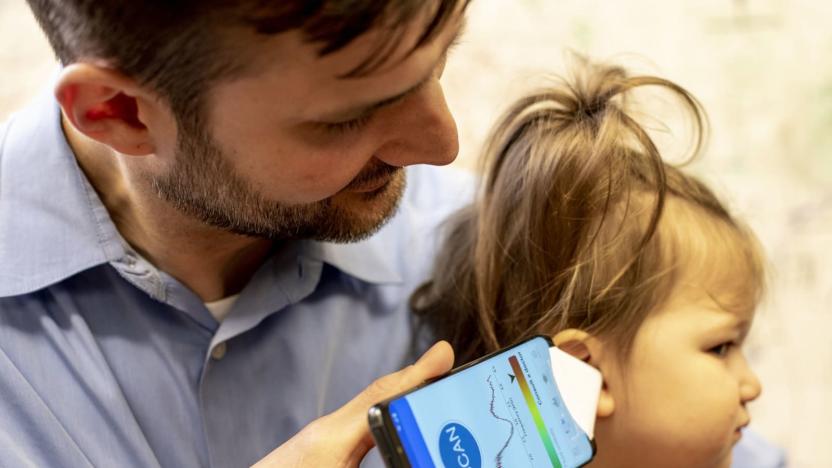
Parents may be able to spot ear infections with a paper cone and an app
Researchers are working on a smartphone app that could help diagnose ear infections. As NPR reports, the app uses the phone's microphone, its speaker and a small paper cone. In its current form, the app sends short, sound pulses through a funnel and into the ear canal. It then measures the echo of that sound, and an algorithm uses the reading to predict if there's fluid behind the eardrum, one of the common symptoms of infection.

Putting eyes on a donation jar made people more charitable
A recent paper published in International Journal of Behavioural Biology found a novel way to make people more generous. All it takes is some eyes. Researchers found by sticking eye images on charity donation jars in a supermarket resulted in people giving 48 percent more compared to standard, undecorated buckets. The findings could indicate a way to get people to respond more positively in certain situations, including reacting to robots.

Researchers find Twitter is good for amplifying lies
When it comes to spreading President Trump's false and misleading remarks, Twitter is a perfect storm. A study by Media Matters found that when tweeting about Trump's statements, major news outlets include false information 30 percent of the time. And 65 percent of the time, news outlets fail to provide corrections or context in the body of those tweets. That's especially troublesome given that so many people get their news via tweets and headlines and do not fully read most stories, where they might find more context.

Meal kits might be better for the planet than a trip to the store
It turns out the meal kits you can have delivered to your door by services like Blue Apron, HelloFresh and even Walmart might be more than convenient. They could be better for the environment, too. It's a bit counter intuitive given all the packaging and delivery involved. But a study by the University of Michigan found that the carbon dioxide emissions tied to the average grocery store meal were two kilograms higher than those linked to most pre-packed options.

Researchers blame YouTube for the rise in Flat Earthers
Despite steps taken to counteract problematic material YouTube is still a hotbed of hoaxes and fake news -- a problem that's become so prevalent the site recently announced it is changing its AI in a bid to improve matters. But now the scope of the problem has really come to light, as new research suggests that the increasing number of Flat Earthers can be attributed to conspiracy videos hosted on the site.
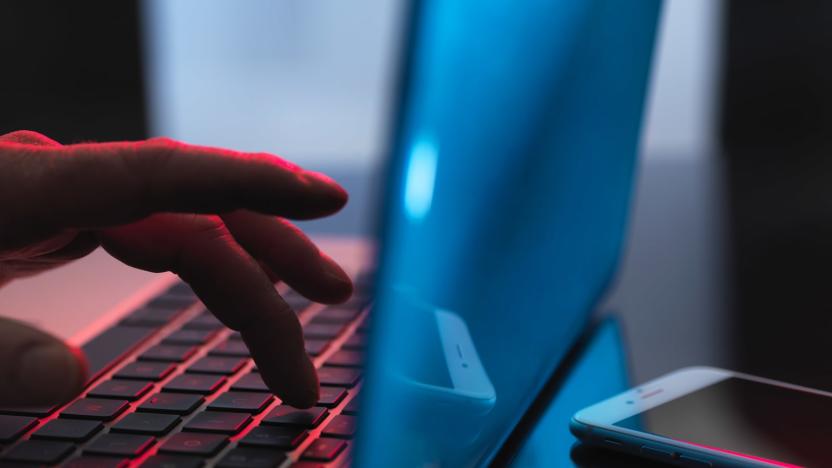
Study says 37 percent of Americans have faced 'severe' online harassment
It might be premature to claim the internet is becoming more civil. A YouGov study commissioned by the Anti-Defamation League indicates that 37 percent of Americans dealt with "severe" online harassment and hate speech in 2018, or more than twice as much as they reported in 2017. Moreover, women and minorities reported at least some kind of harassment based on their identity. About 63 percent of LBGTQ+ respondents said they'd been targeted, while Muslims (35 percent), Hispanics (30 percent), African-Americans (27 percent), women (24 percent), Asian-Americans (20 percent) and Jews (16 percent) also encountered hate speech.
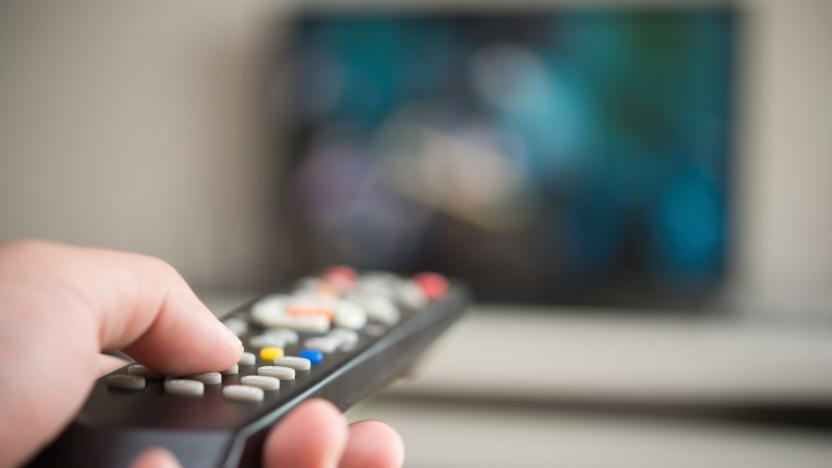
DVRs aren't the ad-killer everyone thinks
Time-shifting set-top boxes from the likes of TiVo are often referred to as "ad-skipping technology," but apparently that's not quite the case. People that use the devices apparently watch the same number of ads that they did before getting the tech and watch the same amount of live TV, according to a new study. Overall, users do watch a bit more TV, but their viewing habits don't really change all that much.
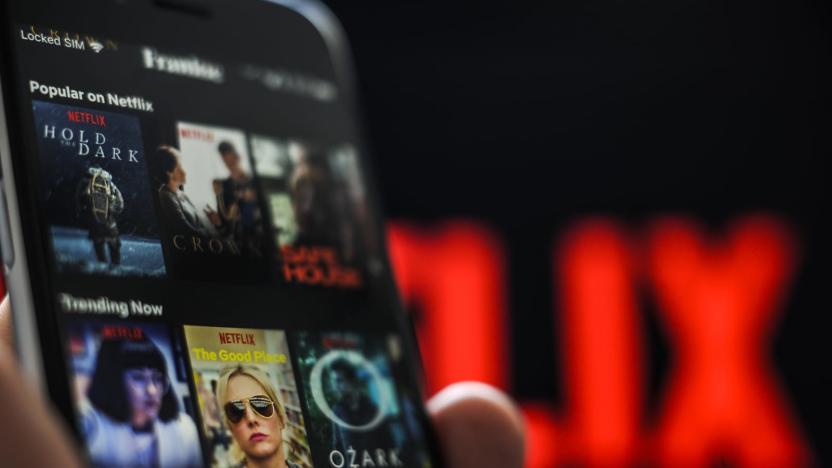
Cord cutting has grown by 50 percent in the last eight years
A new Nielsen study has found that the number of cord cutters in the US has grown by 48 percent over the past eight years. Apparently, 16 million homes no longer have traditional cable or satellite TV subscriptions, which means 14 percent of all households with TVs in the US exclusively watch over-the-air programming. That's still a relatively small percentage overall, but it shows a trend that could grow even more over time. Those 16 million homes are divided into two groups: one consists of older folks who mainly rely on their antenna, while the other is composed of tech-savvy younger people with subscriptions to streaming services.

Study: Women are abused every 30 seconds on Twitter
Earlier this year Amnesty International released a report discussing what many of Twitter's female users already know: the social network is not always a great place to be if you're a woman. Now, a new study reveals the hard statistics on just how toxic the situation is. According to the report by Amnesty International and global AI software company Element AI, female journalists and politicians were abused every 30 seconds on Twitter in 2017.

Most Americans believe algorithms will always be biased
If you're convinced that many algorithms are biased, you're not the only one. Pew has conducted a survey indicating that 58 percent of American adults believe algorithms and other programming will always contain some kind of human bias. That figure is partly skewed by age (63 percent of those over 50 didn't believe algorithms could be completely neutral), but even the relatively optimistic 18-29 crowd showed some distrust, with 48 percent believing there would still be some bias.





